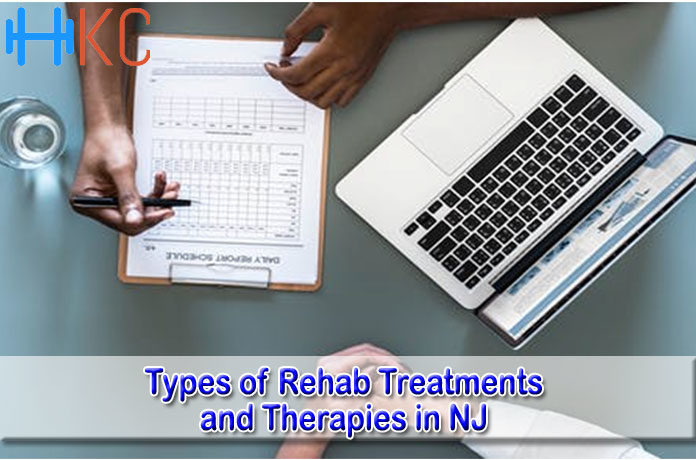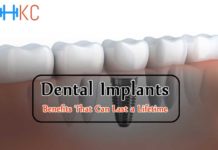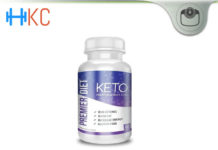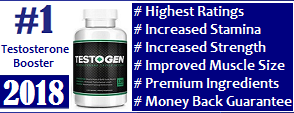Although there are several rehab centers in New Jersey, they tend to apply different treatment methods to their patients. You should, however, know that the type of treatment being administered to a patient generally depends on their condition. Nevertheless, patient handling will also be influenced by the kind of addiction they are fighting and the level of dependence. With drug rehab centers in NJ doing their best in helping addicts get back their lives, they often provide the following patient care services;
Detoxification
This is a treatment process where the harmful drug substances within the patient’s body are expelled. During detoxification, a patient is put under round the clock monitoring where their comfort is ensured. Rehab may require the patient to be placed on medication until the process is over. The reason why other prescriptions may be involved during detoxification is to control discomfort and agility.
During detox, the patient is separated from their drugs hence the body is expected to get back to normal at the end. It is also worth mentioning that detoxing may last from between a couple of hours to weeks depending on how long it will need for the harmful substances to leave the body completely.
Residential treatment
Here, the patient is provided with long-term treatment in a safe environment. It is the type of therapy where the patient is isolated from their normal drug abuse routine and introduced to a drug-free life. The treatment works best if the patient accepts that he or she is an addict and wants to focus on recovering their normal life. You should know that the treatment process varies from one patient to another regarding how long it takes to show results. During this time, the patient can be put under special medication to alleviate severe withdrawal symptoms.
Partial hospitalization treatment
When the patient does not need a 24/7 professional monitoring, partial hospitalization can do. It is a treatment process where the patient only requires undergoing treatment one day at a time, usually five days a week, six hours each. Partial hospitalization is ideal for patients who don’t need special medical attention like patients under detox. The program duration varies from one center to the other and the type of drug addiction being addressed.
Intensive outpatient program
The difference between partial hospitalization and intensive outpatient programs is that intensive outpatient program does not require daily treatment. It is the ideal rehabilitation treatment for patients who want to balance their regular lives with fighting their addiction.
The therapy takes typically a few days a week and should last between three to four hours maximum a day. The treatment duration varies from one center to another and also depends on the needs of the patient.
Sober living homes
During the interim of their treatment, some patients need to be put in sober living homes where their progress is monitored. During their stay in these homes, the patients are expected to fully recover and be able to avoid their addictions comfortably without being weak to the urge. A patient that completes this process can be said to have fully recovered.
Support groups
This is like the last therapy in rehabilitation. On completing their treatment in rehabilitation centers, reformed addicts are expected to be in support groups where they can encourage one another to live a sober life. Support groups also allow patients to motivate themselves and make them understand that addiction can be overcome.
Behavioral Therapy
When someone gets addicted to drugs, they focus on the advantage they find in it forgetting the harm that it causes. That is why you will find that drug addicts will do anything to get their daily stimuli to ignore other important responsibilities. Behavioral therapy works by identifying the wrong side of drugs to the victim and helping them understand why they need to stop through specific interventions like; exposure, assertiveness training, relaxation training, functional analysis, psychoeducation, and planning.
Motivational interviewing
Motivation is a critical part of recovery for drug addicts. Usually, drug addicts experience stigmatization which can be quite discouraging. During motivational interviewing, the victim is given motivation by letting them understand why they need to change. Through ensuring the victim that they can do better in life when they recover from drug addiction can make them change totally.
Person-Centered therapy
It has been discovered that addicts recover faster when in a supportive environment. That means that if the victim is addicted to drugs, living in an environment where they cannot access the drugs can be a step to solving the bigger problem. It is also believed that everybody has goodness in them that wants them to live a good life. It is, therefore, the responsibility of the therapist to help the victim go through the drugs withdrawal process while doing their best to understand the patient. The new environment should also accept the victim in the sense that no the people around the victim must take him or her as part of them.
Integrated approach
Addiction treatment may require more than one method. You will find that some therapists opt to combine various approaches to help the victims recover. You will also realize that such therapists often include the community, friend or family to achieve a treatment method that is complete. The integrated approach is excellent with addicts who want to overcome addiction while maintaining a good relationship with the people around them.
The family/community-based system
A drug addict must exist within a family or people very close with them like from where they stay. It is important to know that that family or people who are close and interact with a victim on a daily basis play a huge part of recovery. During this approach, the therapist focuses more on the relationship between the victim and the people close to them with respect to the victims’ addiction. It is also up to the therapist to find out other problems like communication problems and other things that can cause the victim to seek help in drugs.
Rational emotive behavior therapy
In this therapy, more emphasis is put on the patients’ views rather than their behavior. Most addicts have the wrong belief about situations making them face severe consequences. Rational emotive behavior therapy works by communicating that it is not the situation that creates the consequences. The therapist, therefore, works with the client to find out the wrong believes and replaces them with new ones.
Dialectical behavioral therapy
Some addicts become violent or suicidal when they have been hurt emotionally or disappointed. Dialectical behavioral therapy targets the emotions of the patient because such patients are emotionally weak. Emotional instability together with invalidating environments can make addicts threatening to their life and the lives of people close to them. The therapy focuses on making the patient fully aware of their situation and their engagement to it. The treatment also encourages emotional regulation where the victim is taught how to identify things that trigger their violent behavior and how to tackle them.
Conclusion
Above are some of the rehabilitation treatments that you are most likely to find in NJ. However, it’s safe to say that more rehabilitation treatments are available with others being less medical.
























